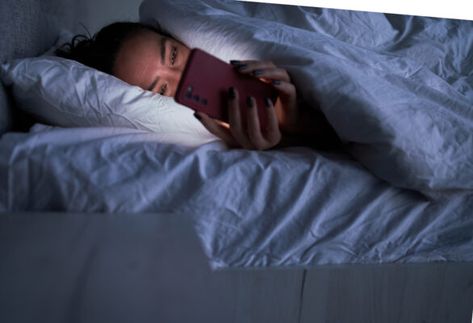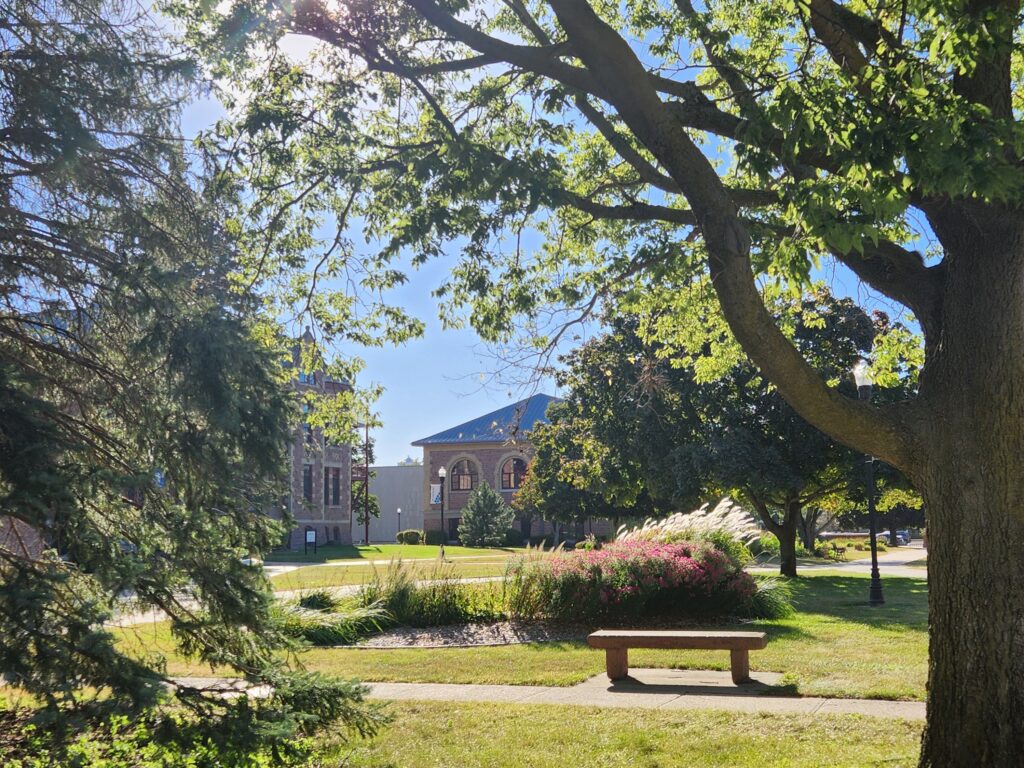The Impact Of Sleep on Academic and Mental Health

In college, sleep is talked about a lot. As students, we are aware of the importance of sleep but during intense periods like midterms, finals, project deadlines, etc we tend to forget. The majority of us are also victims of infinite scrolling, gaming and so many more causing us to get sleep-deprived.
To find out more about how sleep impacts academic and mental health, I set an appointment with Paul Techno, one of the mental health counselors at DSU’s Counseling Center. Paul talked about the importance of having enough sleep, some effects of being sleep deprived, and also, how to get back on track even when you have a messed up sleep schedule.
The Impact
Me: Can you share an example where improved sleep significantly benefited a student’s academic or personal life?
Paul: Absolutely. Students who prioritize sleep tend to stay on top of their schoolwork, manage their time better, and maintain better focus compared to those who are sleep-deprived.
Me: How does sleep affect a student’s ability to focus and retain information during class?
Paul: When students get less sleep, their energy levels drop, and they often fall behind on assignments. To catch up, they sacrifice more sleep, which creates a cycle that can lead to heightened anxiety.
Me: Have you observed a link between sleep patterns and test anxiety or stress levels among students?
Paul: Definitely. Sleep deprivation often causes students to fall behind on their schoolwork, leading to high anxiety during midterms and finals. This creates a cycle where students overthink at night when they should be sleeping, further worsening the problem.
Me: Does sleep deprivation cause anxiety, or does anxiety cause sleep deprivation?
Paul: (Laughs) That’s a tough one! I’d say it’s a chain reaction. Anxiety can keep students awake as they worry about school, personal issues, or other stresses. This lack of sleep then increases stress levels, creating a loop where they’re anxious about not getting enough rest.

photo by popsugar.com
Awareness and Challenges
Me: Are students generally aware of the importance of sleep for academic success, or do they tend to prioritize other activities?
Paul: Most students are aware, but they often prioritize studying, gaming, social media, or hanging out with friends over getting proper rest.
Me: What are the most common reasons students give for not getting enough sleep?
Paul: The most common ones are schoolwork and socializing.
Tips for Better Sleep
Me: What strategies or tips do you recommend to students who struggle to get enough sleep?
Paul: The key is having a schedule set and sticking to it. Avoid falling behind in class, minimize
screen time before bed, and make sleep a priority. If you lose track of time, then sleep should be on your to-do list.
Me: Are there resources or programs at the school to help students manage their time better and prioritize sleep.
Paul: Yes, the counseling center is always available. We encourage students to seek help if they’re struggling with sleep or time management. Last year, we even had a week dedicated to educating students about the importance of sleep. If you’re facing issues, come and speak with a counselor for personalized advice.




